India’s new ‘Islamophobic’ citizenship law threatens to further marginalize Muslims
By Mehdi Moosvi
The enforcement of the Citizenship Amendment Act (CAA), a controversial legislation that was approved by the Indian parliament in 2019, has exacerbated communal tensions in the world’s most populated country that prides itself on being the largest democracy.
In 2019, the government led by Prime Minister Narendra Modi passed a contentious legislation that granted Indian citizenship to refugees from India's neighboring countries, excluding those who identify as Muslim, stirring up yet another controversy.
The CAA aims to expedite the process of granting citizenship to individuals belonging to the Hindu, Jain, Christian, Sikh, Buddhist, and Parsi communities who arrived in Hindu-majority India on or before 31st December 2014 from Muslim-majority Bangladesh, Pakistan, and Afghanistan.
Described as "Islamophobic" by political observers, the CAA was first passed by the Bharatiya Janta Party (BJP) -dominated Indian parliament in 2019. Its implementation was, however, delayed amid protests, during which more than 100 people were killed, most of them Muslims.
The enactment of the law by the Modi-led BJP government comes ahead of the upcoming general elections in India, with the ruling party expected to retain power.
The implementation of the CAA “was an integral part of BJP’s 2019 (election) manifesto. This will pave [the] way for the persecuted to find citizenship in India,” a government spokesman was quoted as saying earlier this month.
The former chairman of the Delhi Minorities Commission and editor of The Milli Gazette journal, Dr. Zafarul-Islam Khan in an interview with the Press TV website said the “sudden implementation” of the controversial law shows that Modi wishes to “benefit electorally” out of it.
“The sudden implementation of CAA, after a hiatus of four years and weeks before the next general elections, only indicates the Modi government’s eagerness to use it to polarize society and benefit electorally,” Khan stated.
“CAA is fundamentally wrong because, in defiance of the Indian Constitution (Articles 14, 25 and 26), it differentiates between people on the basis of religion and denies Muslims what is allowed to non-Muslims,” he hastened to add.
Dr. Sagar Bhalerao, an independent media analyst, also believes that with the enactment of the law, the BJP government seeks to “please” and strengthen its predominantly Hindu vote bank.
“For the CAA, this government has primarily focused on religious issues because the main objective of the government is to polarize two communities and secure its vote bank in the upcoming general elections,” Bhalerao told the Press TV website over the phone.
“In the future, those who will be granted citizenship will be non-Muslims, and such people will directly vote for this government, making it a way to create their vote bank and also to please them.”
Elections and Hindu appeasement
The general elections are scheduled to be held in different phases in April-May. It will be the third consecutive term for the Hindu nationalist party if it manages to retain power.
In the past two elections, most of its electoral promises were designed to appease the majority Hindu community, who constitute around 80 percent of the country’s total population.
“The majority of Hindus are content with this decision. The new generation, especially first-time voters, are unaware of the core values of the Indian Constitution, such as secularism, fraternity, and most importantly, the 'Ganga-Jamuni Tehzeeb' (syncretic culture),” explained Bhalerao.
Shashi Tharoor, a Congress MP, while criticizing the law as “morally and constitutionally wrong”, vowed to repeal its controversial clauses if his party and the ‘INDIA’ alliance come to power.
He said he would have welcomed the law if Muslims were not excluded from its ambit.
“The BJP government is based on Hindutva ideology (which seeks to establish Hinduism and Hindu culture as dominant in India). They are attempting to provide 'secondary' citizenship to Indian Muslims,” the social media-savvy parliamentarian was quoted as saying.
Apart from non-Muslim minorities, India’s neighboring countries also have persecuted minority groups within the Muslim community, who seek asylum in other countries.
Minority Muslim groups in Pakistan, Afghanistan, and Myanmar, like the Ahmadi, Shia, Hazara, and Rohingya communities have long faced violence and persecution in their countries.
Some of them now live in temporary shelters in New Delhi and adjoining cities.
Since all these minority groups belong to the Muslim community, any person seeking asylum would straight away be turned away, just because of his or her identity as a Muslim.
Bhalerao said that if we talk about the concept of 'Vasudhaiva Kutumbakam' (a Sanskrit phrase widely used by Modi in his speeches at various forums, translating into ‘the world is one family’), then we must also consider that humanity should be above caste or religion.
“Even within the Muslim community, there are various groups with whom interactions may not be ideal. Similarly, within Hinduism, there are numerous philosophical schools and denominations that are distinct from each other,” he said.
“It doesn't mean that we should only grant citizenship or discriminate against someone solely based on religion,” he added.
A protest that echoed
After the CAA was passed by the Indian government on December 12, 2019, widespread protests were held against it and its associated proposals in the National Register of Citizens (NRC).
Of all these protests, the Shaheen Bagh sit-in caught the imagination of the entire country. Lasting for around four months, the peaceful sit-in protest was spearheaded by women who blocked a major road in a predominantly Muslim neighborhood in south Delhi, Shaheen Bagh.
The NRC’s purpose is to document all legal citizens of India so that illegal immigrants can be identified and deported.
Most of India's more than 204 million Muslims are concerned that the citizenship law might be used alongside NRC to marginalize or even exclude individuals from the world's third-largest Muslim population (10.9 percent), and the world's largest Muslim-minority population.
According to Khan, to prove one’s nationality under NRC would not be as easy as it seems, as its prerequisites are “very specific” documents, which are not easy to produce for everyone.
“This is the first step in a diabolical plan to snatch away the nationality of millions of Indian Muslims who will not enjoy the backdoor offered to non-Muslims under CAA whose rules, published last Monday, are so lax that any person will be able to present some paper to claim the Indian nationality while the NRC demands very specific and difficult-to-get papers to prove one’s nationality,” he told the Press TV website.
“As a result, millions of Indian Muslims will be rendered stateless. This will fulfill an old dream of Hindutva ideologues to turn Muslims into second-class citizens.”
Future in limbo
Critics of the move say the BJP government has since 2014 worked to instill fear in Muslims while appeasing the majority Hindu community, through which it reaps political dividends.
“The government seems focused on the implementation of policies against Muslims. Many of their policies are discriminatory, which will exacerbate the problems of the Muslim community in the future,” Bhalerao told the Press TV website.
“The isolated minority, specifically Muslims, are in fear and are not in a position to express their opinions in public discourse,” he said.
Khan noted that the implantation of CAA/NRC is “only one illegal step” by the BJP government, warning that “more steps will follow until Indian Muslims are finally turned into second-class citizens as dreamt by Hindutva ideologues.”
“Indian Muslims are helpless vis-à-vis the brute power of the State. This could be seen in the bulldozing of houses, mosques, and graves without following legal procedures, the incarceration of Muslim youth without trial for years on mostly fake terror charges, interference in Muslim personal laws, abrupt abolition of J&K’s autonomy, etc,” he said.
Though Muslim leaders have condemned the implementation of the act, the ghosts of past pogroms, lynchings, and hate crimes continue to haunt them.
VIDEO | EU split over new Iran sanctions amid claims of double standards
VIDEO | Gaza’s silent plague: Mysterious virus claims lives amidst total medical collapse
VIDEO | Growing transatlantic rift
VIDEO | Trump's Iran blunders
Senior cmdr. strongly warns Trump following rhetorical remarks concerning Leader
EU Parliament halts US trade deal after Trump tariff threat
VIDEO | An unchecked presidency
VIDEO | Deportations strain Afghanistan’s fragile economy


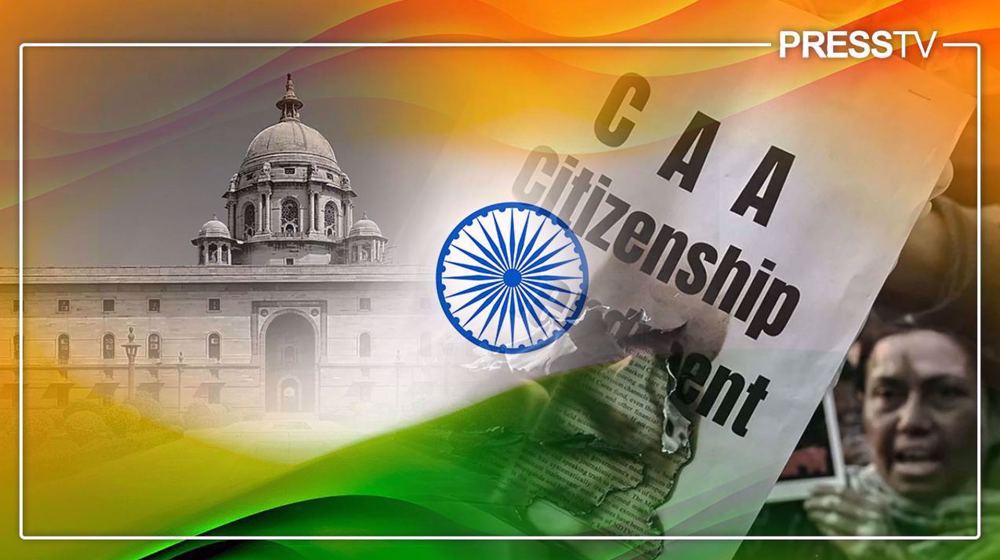
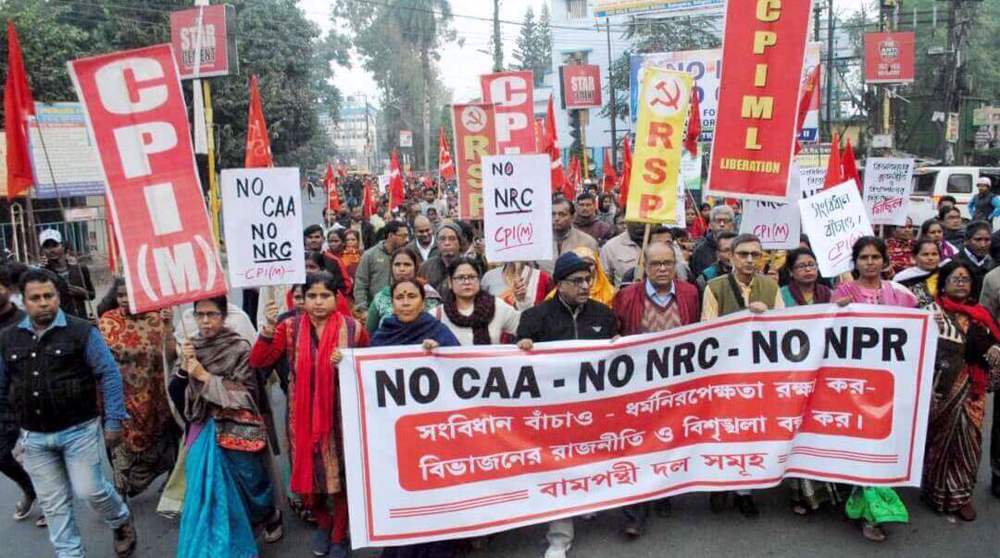
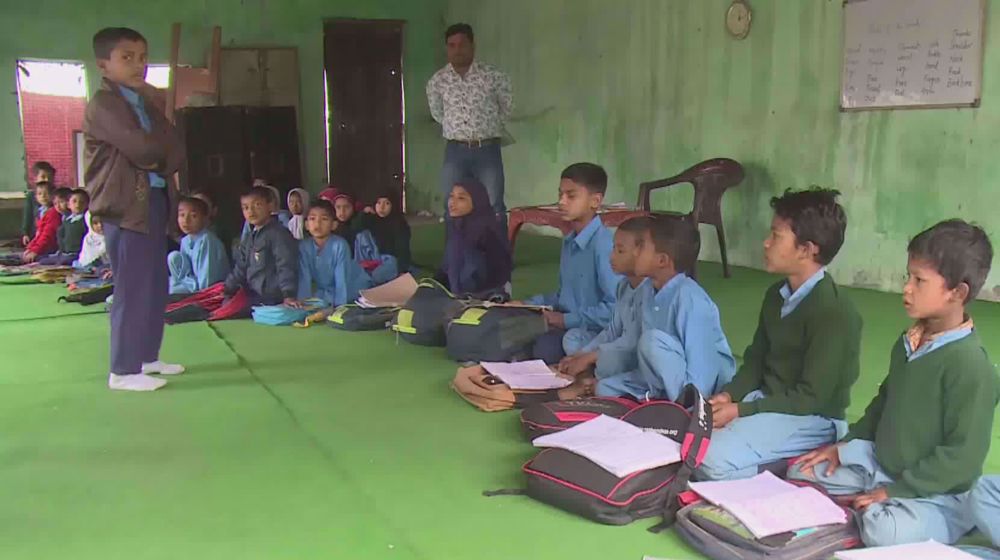
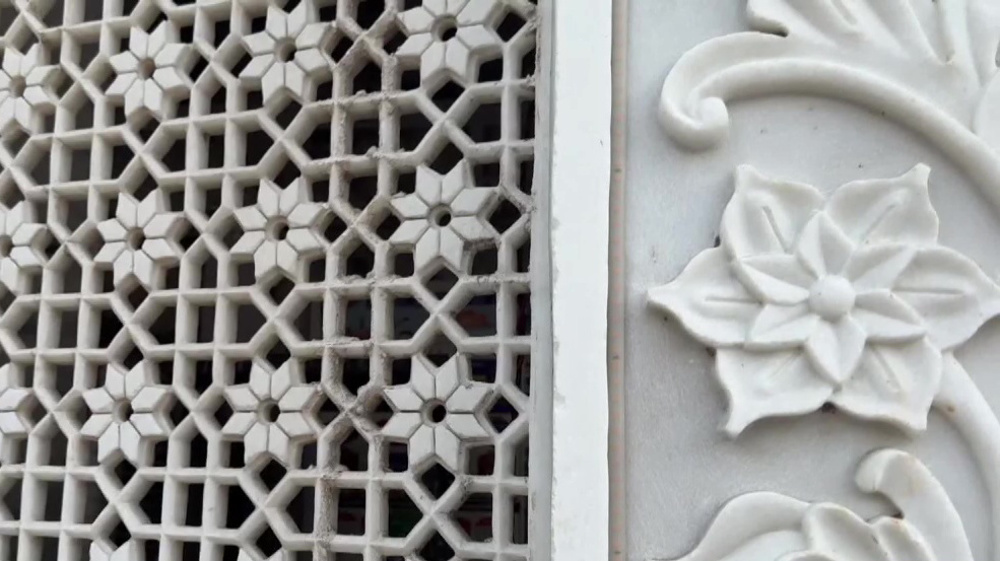
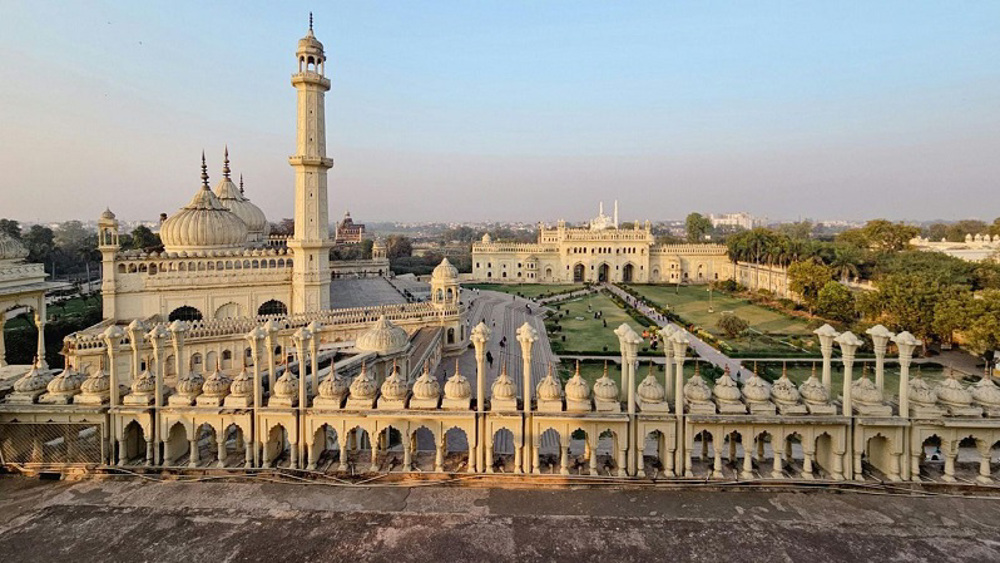




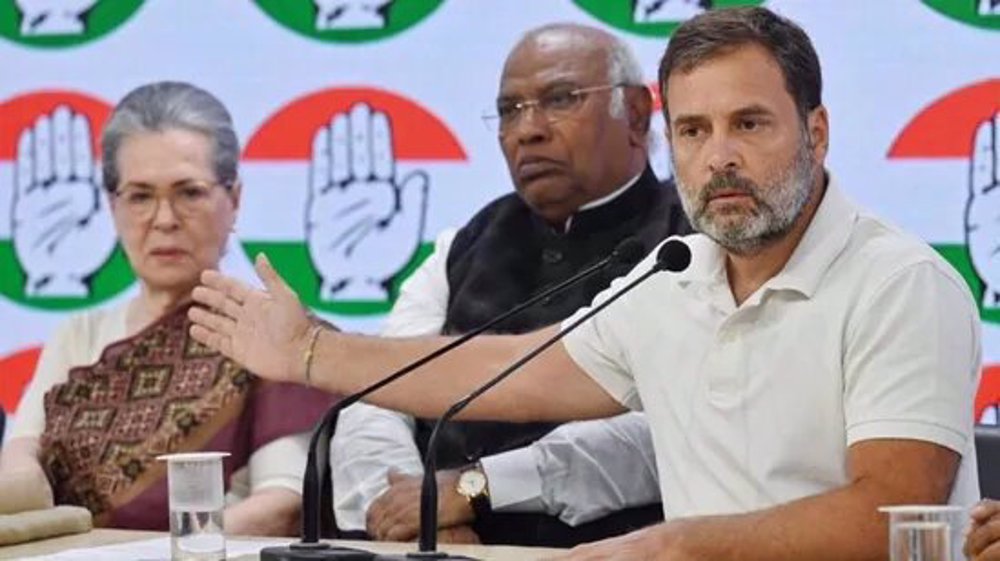
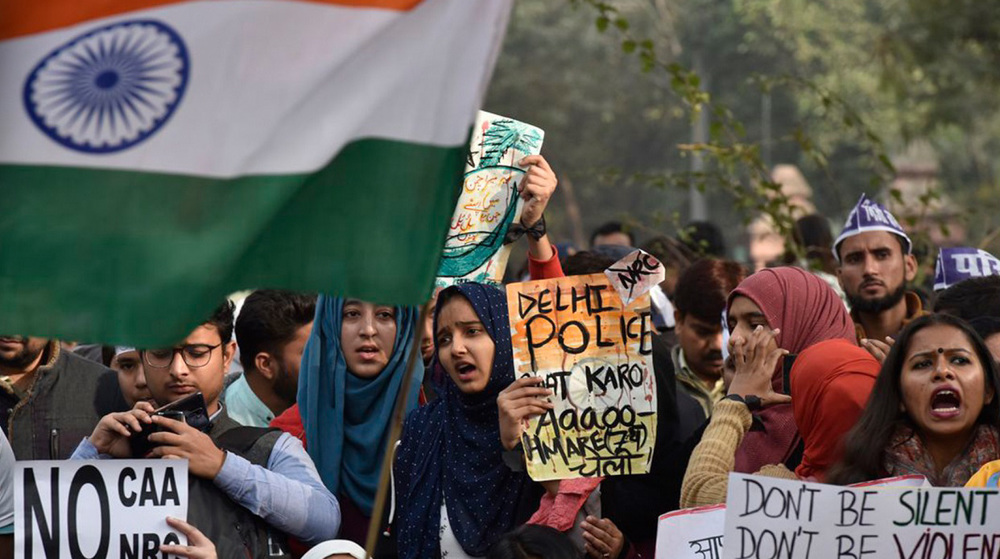
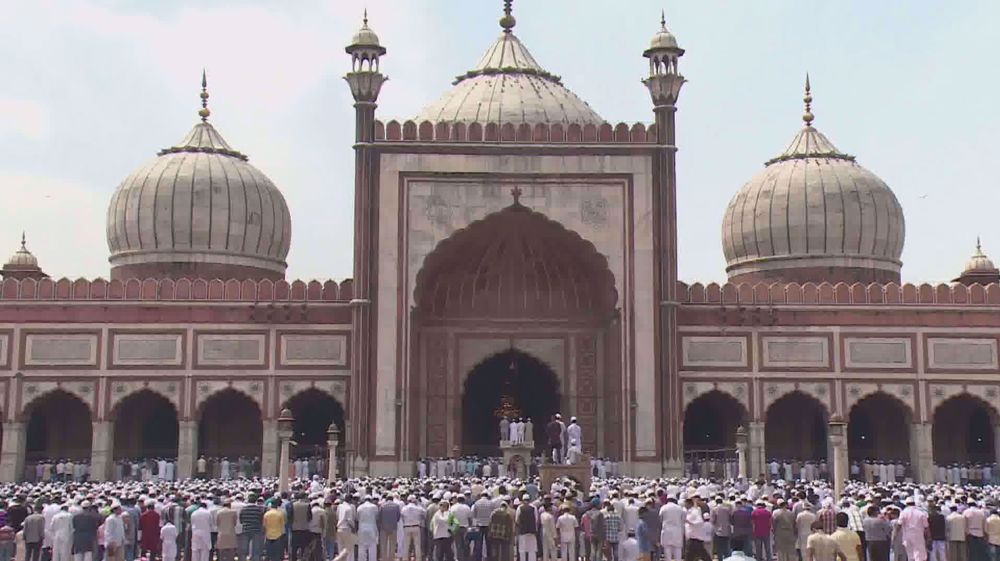
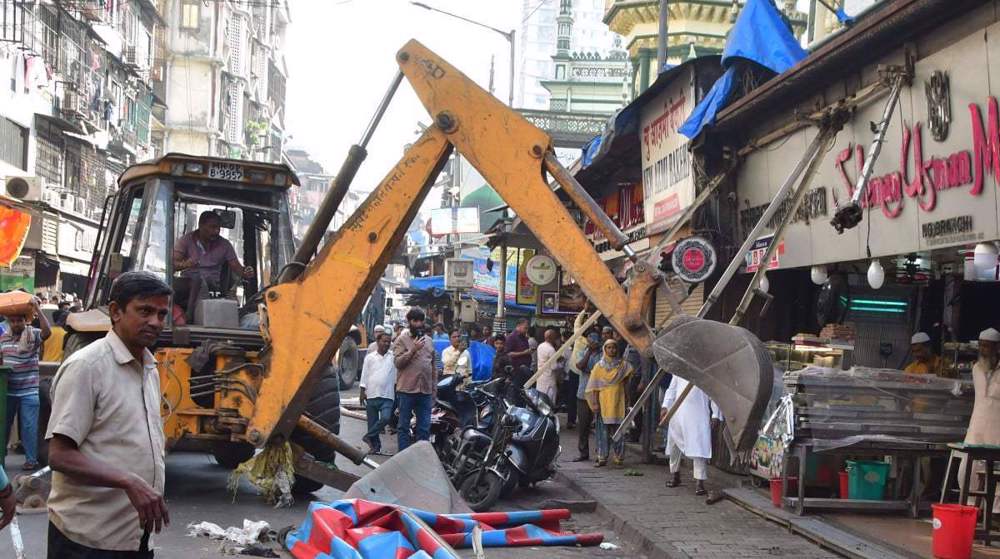
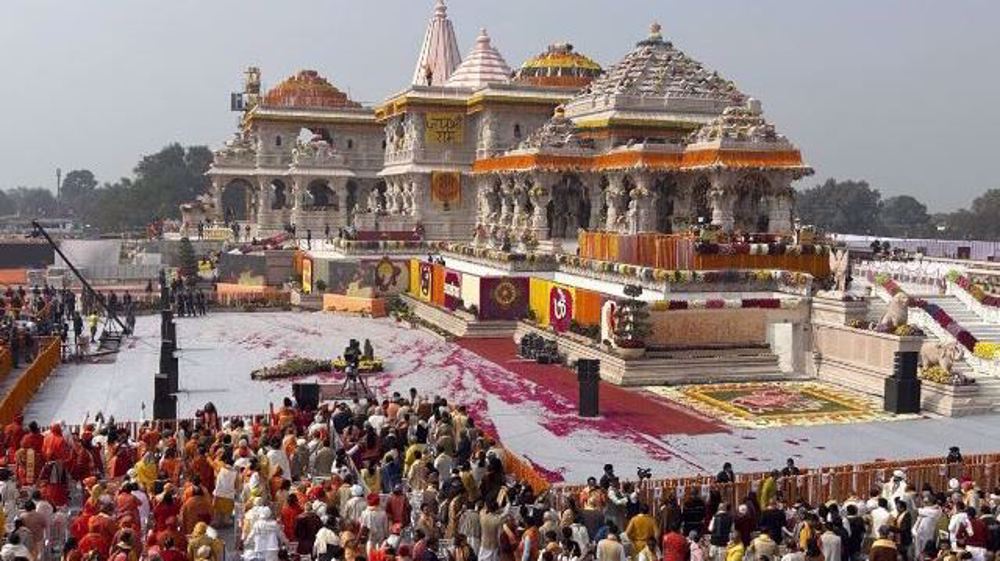

 This makes it easy to access the Press TV website
This makes it easy to access the Press TV website